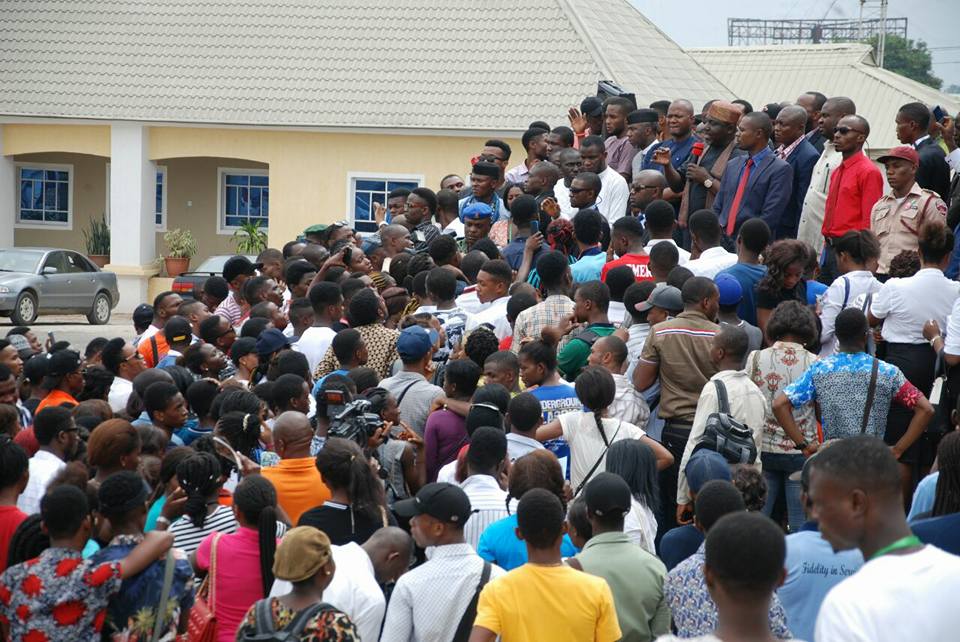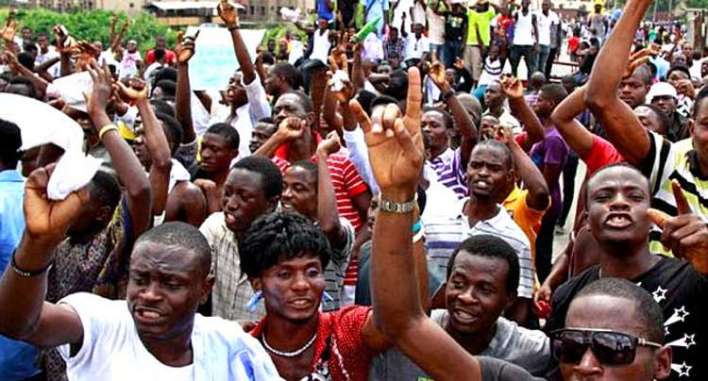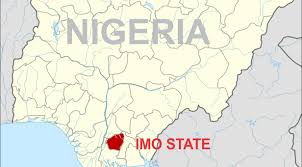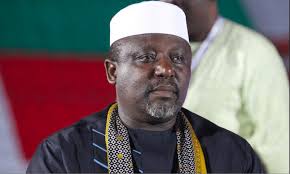My objective here will be very specific. I will limit myself to “Wisdom of the Elders and Strength of the Youths” and more precisely still to the connection between the two with the Rebuilding Agenda of His Excellency, Governor Emeka Ihedioha.
Imo State is located at the heart of Igbo land. Historically, leadership in Igbo traditional setting has initially regenerated itself in the 1920s through the influence of “nationalism” the primary themes which are egalitarianism and economic prosperity specifically in the forms of local and international trades which translated to urban developments. According to the Igbo egalitarian philosophy, political activism and statesmanship during those youthful days of Nnamdi Azikiwe was originally rooted in the philosophy of egalitarianism and “nationalism” under the influence of Herbert Macaulay. As youths who were confronted with specific challenges of the time, they went to work and with intellectual sagacity and superior arguments, tearing down all manner of colonial justifications for the exploitation of black working class in Nigeria by the then British colonial council. Through transgressing unjust legal and administrative boundaries, they later formed political movements that supervised the termination of “nonsensical” white privileges and imperial standardizations, and ultimately achieving political independence for Nigeria on October 1, 1960. This piece of history should remind us about the potentialities and possibilities of properly guided youths on matters of politics and governance in the fourth republic democracy.
More recently, the World Youth Report on “Youth and the 2030 Agenda for Sustainable Development” prepared by the United Nations Department of Economic and Social Affairs (UN DESA), provides even more insight into the mutually supportive role of Youths in sustainable development efforts of Governments. Among other things, the Report considers young people as critical role players in the implementation of sustainable development efforts at different levels of Governance. By no chance should the youths be relegated to mere beneficiaries of “democratic governance”. They should be more active architects in economic development and should be engaged in every framework and processes that are central to achieving sustainable, inclusive and stable societies.
Today, going by the current population projection from 2006 Census to 2016, there must be well over 2 million youths between the Ages of 15 to 35 years in Imo State, accounting for about 35% of the State’s population. This is not a number to ignore on issues relating to sustainable development goals, especially with regards to skills development and education, good health, reducing inequality, combating poverty, unemployment and hunger.
At the risk of being accused of attempting to develop a new theory of sustainable development by stealth, I dare to state that the measure of what can be accomplished through cooperation between elders of Imo State who are highly experienced on matters of political governance and the young population in democratic setting, is a matter belief and confidence. By all means, the wisdom of the elders should reflect on the strength of the youths and their accomplishments on matters of leadership and governance.
The analogy of youths and elders leadership formation is more reminiscent of Igbo cultural values of pursuing egalitarian society through wise councils passed on from the elders to the youths. This impressive humanities tradition dictates that a situation in which the ideas and opinions of these two most important groups are left fragmented and indeterminate cannot possibly be sustainable. It is expected that experienced elders should deploy more qualified youths to execute different critical development portfolios, so long as the intension is strictly to serve the people of Imo State. The idea is to scrutinize the link between the rebuilding agenda while at the same time, steering socio-political reforms for better continuity of good governance and development in Imo State in future. However, one may ask an obvious question here: “but how prepared are the youths of today?”
As youths (myself included), it would be needed therefore, to address a phenomena of “pleasure principle and good times syndrome”. Growing up in this so called technology Age exposes every one of us to various cultural forms of querulousness, including the many different value horizons copied verbatim from different social media platforms. This experience if unchecked has the potential to ruin any chances of cooperation between elders and young political leadership aspirants. We must prioritise our own traditional value systems like respect for traditional rulers and elders (no matter how educated or rich we are) amongst other cultural values, which are for me, far better signs of good education and enlightenment. Being ‘oppositionally’ inclined individually can only result to unintended setbacks and stagnancy.
Now let us face some more facts. No Governor in Nigeria or in any other democratic setting will find it easy not to involve those who believed in him and willingly provided all manner of support that brought him to power, and the current Governor of Imo State cannot be an exception when it comes to sharing of portfolio appointments. However, the real concern here is that this trend should not short-cricuit his performance as governor. Imolites are aware of the personality of Governor Ihedioha as well respected former member of Nigerian House of Representatives. I have no reason to tamper with that confidence here.
In conclusion, in examining the demands for Youth involvement in active public service under the current government in Imo State, it is important that we have defined the relationship between wisdom, experience and youthfulness. This essay is open to criticisms, corrections and more importantly, further discussions on the fundamentals of transformation Agenda in Imo State.
In my opinion, such agenda should be Computer-Age-aligned to prevent mistakes. Imolites will naturally welcome any development agenda which by definition does not reduce Imo youths to story tellers or mere beneficiaries, but one that puts the youths in active service as willing agents of transformation and good governance in Imo State. This means the future assured.
READ ALSO: ( Browser Opens In Another Tab))









